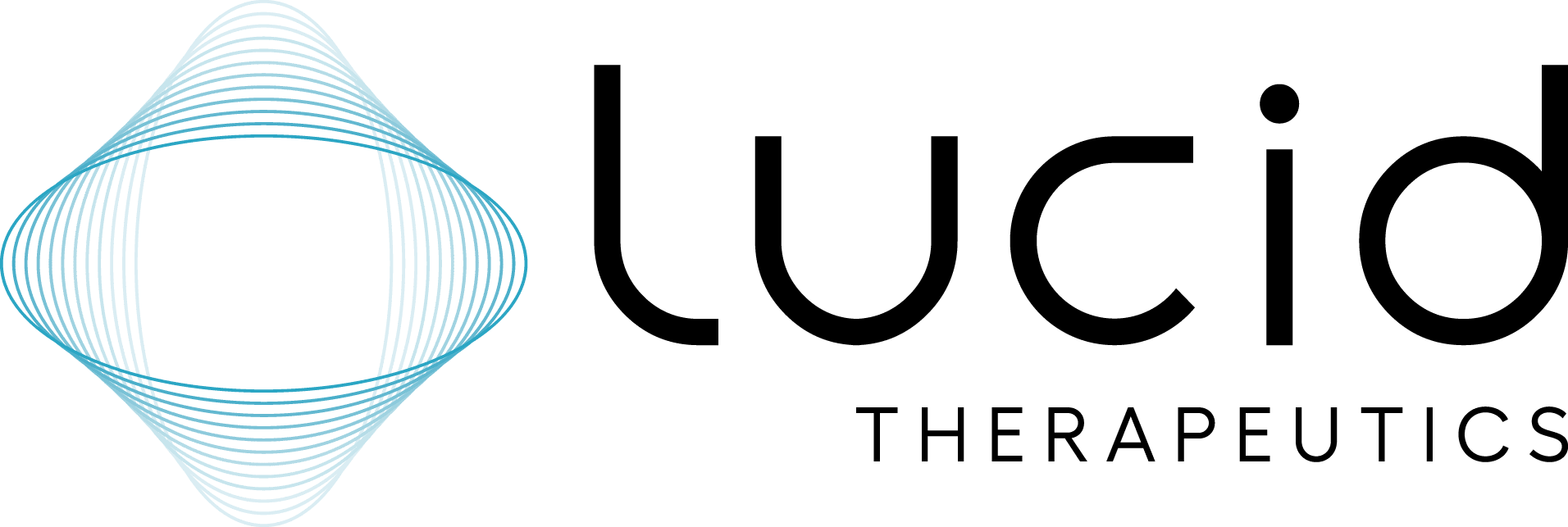Imagine a world where relief from depression, anxiety, PTSD, addiction, and chronic pain is just a dose away. Sounds too good to be true? But what if we told you this world is closer than you think, thanks to the potential of psychedelic drugs? Want to know more about how psychedelic drugs could change the future of mental health treatment? Let’s dive into the conversation around their legalization for therapeutic use and see what all the hype is about.
The topic of psychedelic drug legislative reform and legalization in the US is one that has been gaining a lot of attention in recent years. With growing evidence of the potential benefits of psychedelic drugs for treating mental health conditions such as depression, anxiety, PTSD, and addiction, many are calling for a change in the way these substances are classified and regulated.
Psychedelic drugs, such as ketamine, psilocybin, LSD, and DMT, have been a topic of much debate and research in recent years. The healing propensity of some of these substances has been recognized and used for centuries in traditional cultural and spiritual practices, but it’s only more recently that scientists and researchers have been studying their potential therapeutic benefits and getting excited about their efficacy.
One of the main arguments for psychedelic legalization is the potential for these drugs to revolutionize the way we treat mental health conditions. By being used in a therapeutic setting, and with the guidance of trained professionals, the risks associated with recreational use are greatly reduced. This ensures that patients are receiving the care and support they need in a safe and monitored environment.
Studies have shown that psychedelics, such as psilocybin (found in magic mushrooms), LSD, and ketamine, can rapidly and effectively alleviate symptoms of depression, anxiety, and PTSD. Unlike traditional antidepressants, which can take weeks or even months to take effect, psychedelic-assisted therapy can produce significant improvements in mental health in as little as a single session.
For example, a recent study published in the journal “JAMA Psychiatry” found that psilocybin led to a rapid and sustained reduction in symptoms of depression and anxiety in patients with treatment-resistant depression.
Another study published in the “New England Journal of Medicine” found that a single dose of ketamine led to a rapid reduction in symptoms of depression in patients who had not responded to traditional antidepressants. The same study also found that ketamine had a positive impact on the symptoms of PTSD and chronic pain.
Another argument for legalization is the fact that these drugs are non-toxic and non-addictive, unlike many other drugs that are currently legal, such as alcohol and tobacco. Additionally, the risks associated with psychedelics are relatively low compared to other substances, and there is no evidence that these substances lead to crime, addiction, or other social problems.
Despite the growing movement to legalize psychedelic drugs and their potential benefits, there are still many obstacles that need to be overcome, including those who are still skeptical of the idea of legalizing psychedelic drugs. The path to legalization will require further research, education, and understanding of the potential risks and benefits of these substances.
However, this is a catch-22 as Federal laws still classify these substances as Schedule I controlled substances, meaning they are considered to have a high potential for abuse and no medical use — which is contradicted by the current research. This Schedule I status makes it difficult for researchers to study these substances and for individuals to access them for therapeutic purposes. Currently, only Ketamine is a schedule III substance, meaning it is a drug with a moderate to low potential for physical and psychological dependence.
Luckily, the tide may be turning in favor of legalization. A number of cities in the US, such as Denver and Oakland, have already decriminalized possession of psychedelic drugs, and there are several ongoing clinical trials and studies exploring the therapeutic potential of these substances.
Oregon voters passed the 2020 Oregon Ballot Measure 109, making it the first state to both decriminalize psilocybin and also legalize it for therapeutic use. Colorado followed with the 2022 Colorado Ballot Measure 122 to legalize psychedelics.
So far, psilocybin mushrooms have been decriminalized in Denver, Colorado; Oakland and Santa Cruz, California; Washington DC; Somerville, Northampton, and Cambridge, Massachusetts; and Ann Arbor, Michigan. A recent survey found that a majority of Americans support the legalization of psychedelic drugs for medicinal use.
Decriminalizing a drug means that the police are no longer focused on arresting people for possession and consumption. However, this does not imply that psilocybin mushrooms are legal for people to buy, sell, or possess. Their use, sale, and possession in the United States is still illegal under federal law, but rather than arresting people, police issue citations or fines. While this is progress, we expect legalization to occur at some point in the future.
So far, twenty-five states have considered the therapeutic use of psychedelics and the reform bills introduced each calendar year has increased steadily from 6 in 2020, to 27 in 2021 and 36 in 2022. Nearly all bills specified psilocybin (90%), and many also included MDMA (36%). While bills varied in their framework, most (58%) proposed decriminalization.
In recent years, there has been a growing interest in the use of ketamine as a treatment for mental health conditions. Ketamine was first approved by the FDA in 1970 for use as an anesthetic in human and animal medicine. It is still used for this purpose today and is considered a safe and effective anesthetic.
However, ketamine’s use as a treatment for mental health conditions such as depression, anxiety, PTSD, addiction, and pain management is still considered “off-label” use, which means that it is not FDA-approved for these indications. As a result, some states in the US (like California) have passed laws to allow doctors to prescribe ketamine for off-label use, and some ketamine clinics have started offering ketamine-assisted therapy as a treatment option for mental health conditions and pain management.
As the conversation around psychedelic drug legislative reform and legalization continues to evolve and gain momentum, it’s important to consider the potential benefits and risks of these substances. Great care should be taken when deciding on a practitioner or clinic to entrust with your psychedelic treatment.
Engaging with professionals who are licensed and highly trained is an important first step in exploring this new frontier while more research is being conducted.
The growing evidence of the therapeutic potential of psychedelics is hard to ignore. It’s time for the US to take a serious look at the possibility of legalization and to have an open, evidence-based dialogue about the future of our psychedelic drug policies. It is a complex and nuanced topic, but one that is worth exploring as the potential benefits of these substances could greatly improve the lives of countless individuals struggling with mental health issues.
At our practice, we are the pioneers navigating this psychedelic frontier. We advocate for the safe implementation of psychedelics for therapeutic indications. We specialize in using intramuscular ketamine therapy under the supervision of licensed physicians in tandem with trained therapists.
Join our newsletter to stay informed about the latest developments in ketamine-assisted therapy and psychedelic legalization. To learn more about our team of experienced and licensed professionals and see how we can help you on your healing journey, Contact us today at (805) 365–4095 and let us help empower you on your path towards healing and thriving.
REFERENCES:
- “ Psychedelic Drug Legislative Reform and Legalization in the US”, JAMA Psychiatry. 2023;80(1):77–83. doi:10.1001/jamapsychiatry.2022.4101
- A 2020 randomized controlled trial published in the journal “JAMA Psychiatry” found that psilocybin, the active ingredient in magic mushrooms, led to a rapid and sustained reduction in symptoms of depression and anxiety in patients with treatment-resistant depression.
- A 2019 study published in the “New England Journal of Medicine” found that a single dose of ketamine, a psychedelic drug, led to a rapid reduction in symptoms of depression in patients who had not responded to traditional antidepressants. The study also found that ketamine had a positive impact on the symptoms of PTSD and chronic pain.
- “The Therapeutic Potential of Psychedelics” by David E. Nichols, published in the Journal of Clinical Psychiatry, 2018.
- “The State of Psychedelic Research: Review of Current Literature” by Olivia K. Lee, published in the Journal of Psychoactive Drugs, 2020.
- “The therapeutic potential of psychedelics: past, present and future” by Robin L. Carhart-Harris, published in the Journal of Psychopharmacology, 2016.
- “Psychedelic-assisted psychotherapy: a review of the current evidence” by David M. Nickles, published in the Journal of Humanistic Psychology, 2020.






